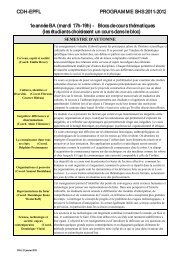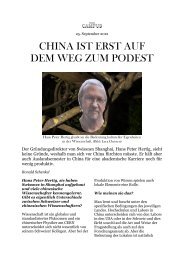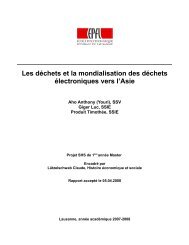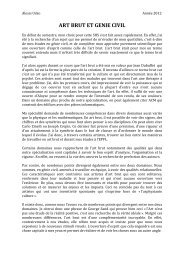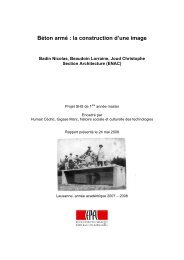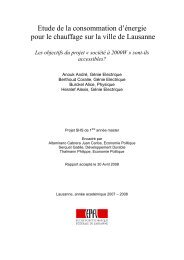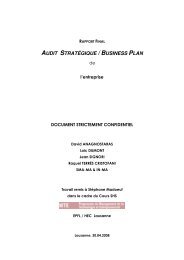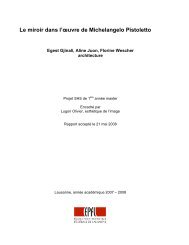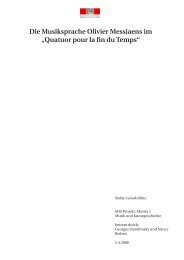here - CDH - EPFL
here - CDH - EPFL
here - CDH - EPFL
You also want an ePaper? Increase the reach of your titles
YUMPU automatically turns print PDFs into web optimized ePapers that Google loves.
LAUSANNE SUMMER SCHOOL<br />
CACS <strong>EPFL</strong><br />
16:30 >17:00 Summary and discussion<br />
18:00 >19:30 Optional movie: English Vinglish<br />
(movie by Gauri Shinde, India, 2012, 73 min.)<br />
Compulsory reading<br />
World Bank, (2011). “Overview”. In Poverty and Social Exclusion in India, Washington DC: World Bank.<br />
Mahbubani, K. (2008). “Why is Asia Rising Now”, in The New Asian Hemisp<strong>here</strong>. The Irresistible Shift of<br />
Global Power to the East. New York: Public Affairs, pp.51-99.<br />
Tuesday 16 July<br />
Culture and Democracy in Asia<br />
09:00 >12:30 Asian Resistance to Liberalism<br />
Chua Beng Huat<br />
American economic and military expansions globally have been accompanied by<br />
its ideological leadership, championing a version of liberal democracy which emphasizes<br />
liberal individualism over any social conception of politics and economy,<br />
including social democracy. However, liberalism has no roots in the post-war,<br />
post-colonial nations in Asia. With its highly successful capitalist development, the<br />
single-party dominant state of Singapore has resisted liberalism and reinterpreted<br />
the democratic concepts of representation and trusteeship to emphasize the social<br />
over the individual, backed up by social policies that emphasizes collective well<br />
being and group rights. This has provoked other Asian nations, particularly China,<br />
to “learn” from Singapore.<br />
12:30 >14:00 Lunch<br />
14:00 >16:30 Religion, state and political society<br />
Daniel Goh<br />
Unlike Western societies, religion does not occupy clearly defined institutional<br />
positions in civil society or the public sp<strong>here</strong> in Asia. Across Asia, religion is found<br />
playing both transparent and opaque roles in politics. Some religions are closely<br />
identified with the state, even in ostensibly secular states, and play a big part in<br />
political discourse and policy making. In some countries, religion plays a central<br />
institutional role in legitimating the state, while some states co-opt and control religions<br />
they believe pose challenges to their rule. In all these societies, religion plays<br />
a crucial role in mobilizing communities and local political action that would render<br />
state and society relations unstable and fluid. Political society, as a space distinct<br />
from the state and civil society, is theorized to understand this politics.<br />
16:30 >17:00 Summary and discussion<br />
11



